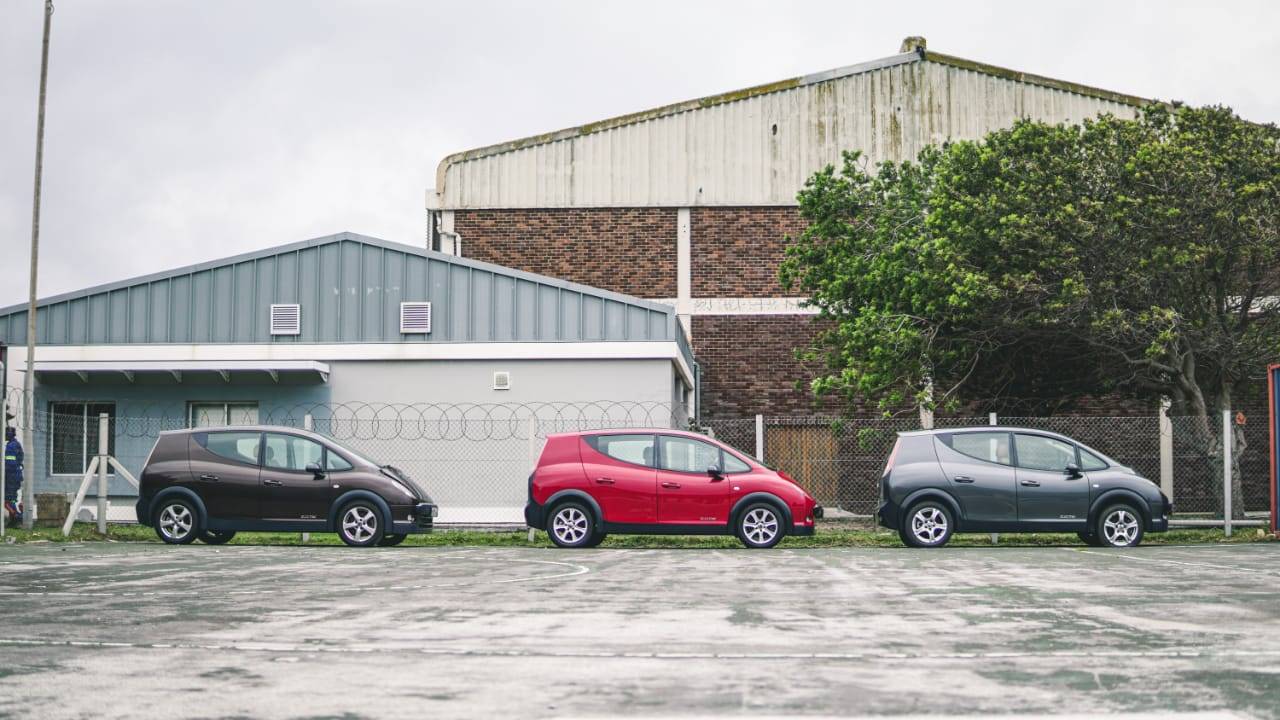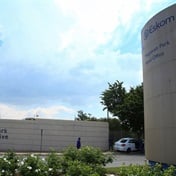
Did you know that in 2008 South Africa had four electric vehicle (EV) prototypes it showed off to the world?
At the time, this five-seater passenger EV was touted to retail at about R300 000 and won rave reviews and the Best on Display award at the Geneva motor show in 2010.
If you knew this, then you also know that the Joule – and Optimal Energy, the company that created it – was shut down in 2012 after R300 million was invested because government and other stakeholders believed it to be too expensive to commercialise.
In 2011 Science and Technology Minister Naledi Pandor told Parliament the Joule would need R9 billion to industrialise and this seemed out of reach because the EV market at the time was not a viable one to pursue.
Fast-forward seven years and the jewel in South Africa’s EV cap can be found at the uYilo eMobility Programme at the Nelson Mandela University in Port Elizabeth.
City Press got a chance to sit in one of the four prototypes and talk about the history and future of the cars with uYilo’s director Hiten Parmar, whose organisation inherited the cars and the technology it uses.
Parmar says the cars are still maintained and drivable but the technology within them is their true value.
“The assets of Optimal Energy and the Joule were transferred to the uYilo programme which we have and we are using the vehicles for grid management while the technology of the batteries is being used for second-life batteries, as well as motor and drive technology that we’ve advanced on what the Joule had developed.”
The 36 kilowatt-hour battery of one of the Joule cars sits in a container next to a charging station and is repurposed for grid management – it helps uYilo to find out what is the best and cheapest way to recharge an EV.
Without fanfare, a flat tyre on one of the cars and a layer of dust on the roof of the other three, South Africa’s first locally made EVs were parked convoy style away from the charging station to allow the BMW i3 and the second-generation Nissan Leaf to grab some juice.
But it did not look entirely out of place with those cars around.
Read: The future of cars is electric but SA is lagging behind
Interestingly, the Nissan Nuvu – a concept EV – was showcased with the Joule at the Paris Auto Show in 2008 and a year later the Leaf made its debut and in 2010 its first sale.
Parmar thinks the Joule was ahead its time but admits the passenger car space was possibly not the right niche.
“Looking at the passenger car market, that might be a bit too competitive because you have multinational manufacturers that have a strong hold in terms of that. Perhaps in the early days of local manufacturing, we need to look at niche markets in South Africa where we can drive EV manufacturing.”
Ironically, when BMW was marketing the i3 – which made its concept debut in 2011 – it used “Born Electric” as its tagline, the mantra of the Joule.
In 2015 Gerhard Swart, co-founder and chief technical officer of Optimal Energy, wrote a paper on the lessons learnt from the Joule.
In it he states the “project died in the innovation chasm” – the gap between knowledge generators and the market – and that it wasn’t the huge amount of money required that killed it, arguing “this was feasible if the other factors were addressed”.
Two of the main factors were government’s heavy involvement and communication about the process, strategy, success and failures of the commercialisation of the Joule.
Parmar thinks pulling the plug too early hampered the market, but believes the legacy lives on through initiatives of uYilo which is “expanding the value chain and the investment of the Joule”.
So, will we see another one?
“The technology has changed rapidly in terms of what was put together [for the Joule],” Parmar says.
He believes that instead of focusing on a competitive passenger car market, South Africa should rather look at the low-hanging fruits of the niche markets like ecotourism, battery manufacturing and minibus taxis.
With almost 50% of South Africans wanting pro-active manufacturers to ensure EVs are viable, the Joule will go down in history as a lost opportunity.
 |
| ||||||||||||
| |||||||||||||




 Publications
Publications
 Partners
Partners








